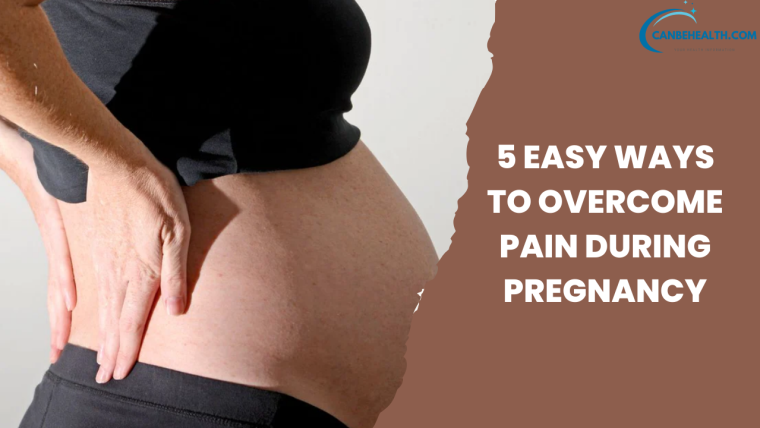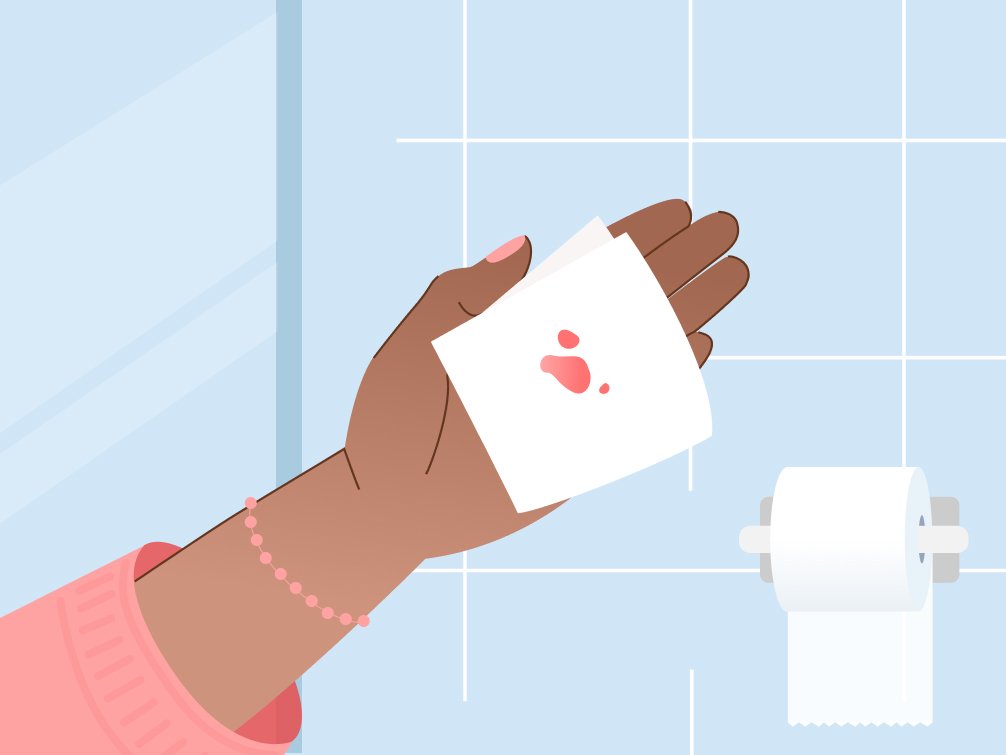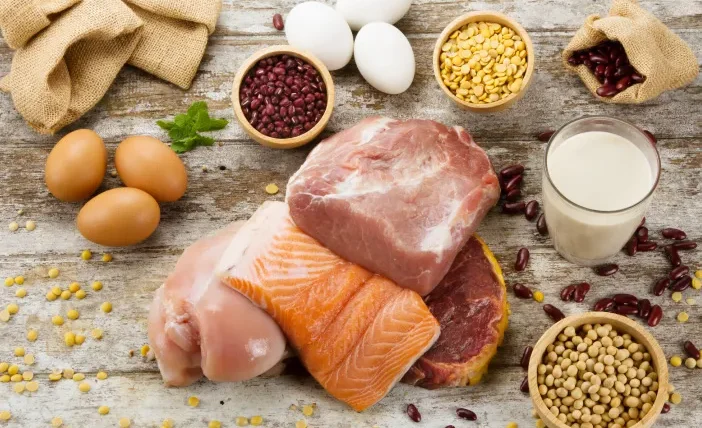Pasteurized Ricotta Cheese – Are you pregnant and wondering if you can safely eat pasteurized ricotta cheese? This creamy cheese is a popular ingredient in many dishes, including lasagna, stuffed shells, and cheesecake. While ricotta cheese is generally safe to eat during pregnancy, there are some risks to consider. In this article, we’ll explore the benefits and risks of eating pasteurized ricotta cheese during pregnancy.
What is Ricotta Cheese?

Ricotta cheese is a soft and creamy cheese that is commonly used in Italian cuisine. It is made from whey, which is the liquid that remains after milk has been curdled and strained. The whey is heated until the proteins coagulate and form curds, which are then strained and pressed to remove excess liquid. Ricotta cheese has a mild, slightly sweet flavor and a creamy texture.
Read Also : Can You Eat Ranch Dressing While Pregnant?
Pasteurization Process
Pasteurization is a process that involves heating food to a high temperature to kill harmful bacteria and other pathogens. Pasteurized ricotta cheese is made using milk that has been heated to a specific temperature to kill any harmful bacteria. This process makes the cheese safer to eat, especially for pregnant women who are at a higher risk of foodborne illness.
Benefits of Eating Pasteurized Ricotta Cheese During Pregnancy
Good Source of Protein
Ricotta cheese is a good source of protein, which is important for fetal growth and development. Protein is also essential for building and repairing tissues in the body. Eating foods high in protein can help prevent low birth weight and other complications during pregnancy.
Rich in Calcium
Calcium is an essential nutrient for the development of strong bones and teeth. Pregnant women need more calcium than usual to support the growth and development of their baby. Ricotta cheese is a good source of calcium, with one cup of ricotta cheese providing about 500 mg of calcium.
Low in Fat
Ricotta cheese is a low-fat cheese, making it a healthier option for pregnant women. Excessive consumption of high-fat foods can lead to weight gain, which can increase the risk of complications during pregnancy.
Read Also : Pregnant Smoked Salmon: Is it Safe to Eat During Pregnancy?
Risks of Eating Pasteurized Ricotta Cheese During Pregnancy
Listeria Infection
While pasteurization kills most harmful bacteria in ricotta cheese, it is still possible for the cheese to apart from the potential dangers associated with eating unpasteurized ricotta cheese. One of the primary concerns for pregnant women is the risk of listeria infection, a type of foodborne illness that can cause serious complications during pregnancy. Listeria can survive in some pasteurized foods, including ricotta cheese, so it is important to take precautions when consuming it.
High in Sodium
Ricotta cheese can be high in sodium, which can cause fluid retention and increase blood pressure. Pregnant women should limit their sodium intake to avoid these complications.
High in Cholesterol
Ricotta cheese is also high in cholesterol, which can increase the risk of heart disease and other health problems. Pregnant women should consume foods that are low in cholesterol to maintain good health.
Read Also : 5 Benefits of Catfish for Pregnant Women
Can You Eat Unpasteurized Ricotta Cheese During Pregnancy?
No, pregnant women should avoid eating unpasteurized ricotta cheese as it can contain harmful bacteria that can cause foodborne illness. Unpasteurized cheeses, including ricotta cheese, have been linked to listeria outbreaks in the past, which can have serious consequences for both the mother and baby.
How to Safely Enjoy Pasteurized Ricotta Cheese During Pregnancy
If you are pregnant and want to enjoy ricotta cheese, here are some tips to keep in mind to ensure your safety:
Check the Expiration Date
Make sure to check the expiration date on the package before purchasing or consuming ricotta cheese. Expired cheese can be a breeding ground for harmful bacteria, so it’s essential to discard it if it’s past its prime.
Purchase from a Reputable Source
Purchase ricotta cheese from a reputable source to ensure that it has been properly stored and handled. Look for brands that have been pasteurized and have a good track record of safety.
Store Properly
Store ricotta cheese in the refrigerator at or below 40°F and use it within a week of opening. Discard any cheese that has been left out at room temperature for more than two hours.
Cook Thoroughly
Cook ricotta cheese dishes thoroughly, especially those that contain eggs or meat, to eliminate any potential bacteria. Heating the cheese to a high temperature will kill any harmful bacteria that may be present.
FAQs
Yes, pasteurized ricotta cheese is safe to eat during pregnancy in moderation. Pregnant women should be cautious when consuming ricotta cheese to avoid any potential risks.
No, pregnant women should avoid eating unpasteurized ricotta cheese due to the risk of foodborne illness.
Pregnant women should consume ricotta cheese in moderation, as excessive intake can lead to health complications.
Ricotta cheese is generally safe to eat during pregnancy in moderation and does not cause miscarriage.
Expired ricotta cheese can develop a sour smell, mold, or discoloration, indicating that it has gone bad. If you are unsure about the safety of your ricotta cheese, it’s best to discard it.
Conclusion
Pasteurized ricotta cheese is generally safe to eat during pregnancy and provides several health benefits, including protein and calcium. However, pregnant women should be
cautious when consuming ricotta cheese and should avoid unpasteurized versions due to the risk of listeria infection. It is also important to consume ricotta cheese in moderation to avoid the potential risks associated with its high sodium and cholesterol content.
If you are pregnant and want to enjoy ricotta cheese, make sure to follow the tips for safe consumption outlined in this article, such as checking expiration dates, purchasing from reputable sources, and cooking dishes thoroughly. By taking these precautions, you can safely enjoy the delicious taste and nutritional benefits of ricotta cheese while protecting yourself and your baby from potential harm.
In summary, pasteurized ricotta cheese is a safe and healthy food choice during pregnancy, but it is important to consume it in moderation and take necessary precautions to avoid any potential risks. By doing so, you can enjoy all the benefits of this delicious and versatile cheese without any worries.
Please wait a moment, to continue to the next article: 90 seconds








Can I Eat Teriyaki Sauce When Pregnant?
Can You Eat Crab While Pregnant?
Implantation Bleeding vs. Period: How to Tell the Difference
14 Crucial Pregnancy Signs
Chronic Energy Deficiency (CED) in Pregnant Women
Are taking hot baths During Pregnancy safe or harmful?
5 Easy Ways to Overcome Pain During Pregnancy
Implantation Bleeding vs. Period: How to Tell the Difference